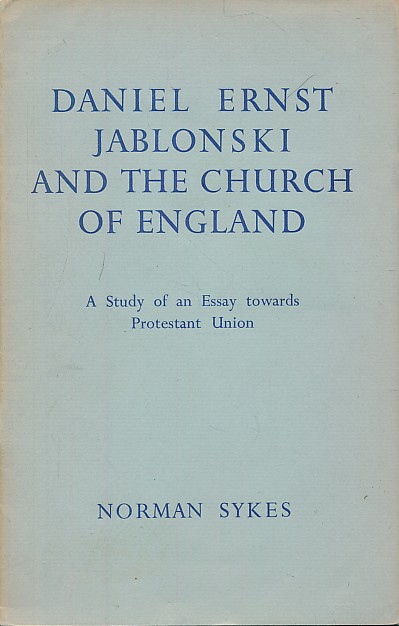Daniel Ernst Jablonski and the Church of England
€20,00
Na zalihi
| Težina | 47 g |
|---|---|
| Format | 14 × 21 cm |
| Autor | |
| Izdavač | |
| Mjesto izdanja | London |
| Godina | 1950 |
| Broj stranica | 35 |
| Uvez | Meki |
| Stanje knjige | Vrlo dobro |
Daniel Ernst Jablonski (1660–1741) was a Protestant theologian and reformer of Czech origin, known for his efforts to unify Lutheran and Calvinist churches. Born near Danzig (now Gdańsk, Poland), he studied at Frankfurt (Oder) and Oxford, where he formed connections with prominent Anglicans. He served as a preacher and later as a bishop of the Moravian Church and was influential as a Prussian court preacher in Berlin. Jablonski worked with philosopher Gottfried Leibniz to promote a union of German, English, and Swiss Protestants and sought to reform the Prussian church by introducing Anglican episcopacy and liturgy, though these efforts were ultimately unsuccessful. His role as a bridge-builder between Protestant traditions and his engagement with Anglicanism highlight his ecumenical vision during the early Enlightenment. Norman Sykes (1897–1961) was an Anglican priest and distinguished ecclesiastical historian who contributed significantly to the study and positive re-evaluation of the eighteenth-century Church of England. He held academic positions at Oxford, London, and Cambridge, and served as Dean of Winchester. Sykes’s work includes detailed archival research, notably on Archbishop William Wake, and he authored several important books on English church history, Anglican attitudes to episcopacy, and church-state relations. His scholarship helped deepen understanding of the Church of England’s development and its historical context. While Jablonski was a Protestant reformer engaged in ecumenical efforts that included Anglican influences, Norman Sykes was a twentieth-century historian who analyzed and interpreted the history and evolution of the Church of England from an Anglican perspective.
